
An employee works at a PV panel production facility in Lianyungang, Jiangsu province, on Jan 4. (SI WEI/FOR CHINA DAILY)
China's economy is on track for solid growth in the first quarter after registering a full-year growth of 5.2 percent in 2023, with economic momentum set to further strengthen in the second half, said a senior economist.
"Favorable conditions have set the stage for the Chinese economy to start the year off on a firm footing," said Wang Yiming, vice-chairman of the China Center for International Economic Exchanges and former deputy director of the Development Research Center of the State Council.
A tranche of special treasury bonds worth 1 trillion yuan ($139 billion), approved in October, will drive project investments in the first quarter, Wang said in an exclusive interview with China Daily.
Consumption is also expected to spur economic growth in the first quarter, thanks to the repricing of outstanding mortgages for first-time homebuyers that has boosted household incomes, alongside the seasonal surge in consumer spending around Spring Festival, Wang said.
Wang added that these positive factors will help offset the impact of an unfavorable comparison base for first-quarter GDP growth as economic activity sharply rebounded from COVID-19 in the first quarter of 2023.
Economic growth is expected to further accelerate in the latter half of the year from the first half, Wang said, adding that consumption may constitute about 70 percent of GDP growth this year, down from 82.5 percent in 2023, as investment activity and net exports pick up and contribute more to growth.
He made the remarks after the National Bureau of Statistics said on Wednesday that China's GDP reached 126.06 trillion yuan in 2023, expanding by 5.2 percent year-on-year in real terms, up from 3 percent in 2022.
Wang attributed the 5.2 percent growth to policy support, recovering consumption, brightening expectations and a low comparison base. Though China's economy faces a less favorable comparison base this year, Wang said that multiple economic drivers are gathering momentum, laying the foundation for China to maintain GDP growth of about 5 percent this year.
"Support from macroeconomic policies is set to intensify," Wang said. "A series of new policy measures will be introduced and work together with existing ones, effectively fueling a robust recovery and upward trend in economic performance."
Kang Yi, head of the NBS, said on Wednesday that the country has ample room for boosting macroeconomic policy support given that the levels of government debt and inflation are relatively low, after the tone-setting Central Economic Work Conference held in December called for efforts to strengthen macroeconomic policy adjustments.
Meanwhile, Wang said improving social expectations would catalyze a further recovery in demand for consumption and investment. "With the economy on an upward trajectory, sentiment among microeconomic entities is likely to pick up gradually."
The United States and Europe are likely to start an interest rate-cutting cycle and ease pressure on China's cross-border capital flows and the renminbi, helping stabilize China's capital market performance and social expectations, Wang said.
He added that new growth drivers of technological innovation as well as green and low-carbon transition will also bolster economic growth this year, with the application of new technologies to bolster sectors like intelligent vehicles, new energy, new materials, high-end equipment and biomedicine.
However, given that the size of green industries and high-tech sectors remains limited and cannot fully make up for the contraction in demand exacerbated by property sector weakness, Wang said China's economy still faces a prominent problem of insufficient effective demand.
While high-tech sectors saw buoyant investment growth of 10.3 percent year-on-year last year, the country's total fixed-asset investment expanded by 3 percent, dragged down by the 9.6 percent slump in real estate development investment, the NBS said.
"The property sector has a significant bearing on household wealth, consumer behavior and social expectations. After three years of deep adjustments, the real estate market is in the process of bottoming out," Wang said.
It is important to boost new growth drivers while further stabilizing real estate, including taking measures to fairly meet the reasonable financing needs of developers of different ownership types and introduce policies to stimulate basic housing demand and desires for better homes, he said.
Wang added that it is advisable for local government special bonds to provide more funding support for the development of affordable housing projects, a process that can be coordinated with housing inventory consumption.
Wang also suggested encouraging consumer spending by boosting the supply of mid-to-high-end services such as education, healthcare, tourism and entertainment while easing any restrictions on consuming such services.
The recent rise in popularity of Harbin, capital of Heilongjiang province, as a winter tourist hotspot, along with last spring's craze for Zibo barbecue in Shandong province, underscores the trend that new drivers of consumption are continually emerging, particularly in the services sector, Wang said.
"As the economy sustains its rebound this year, the potential for consumption, especially in services sectors, is expected to be further unlocked," he said, adding that services consumption now accounts for over half of household consumption spending in major Chinese cities.








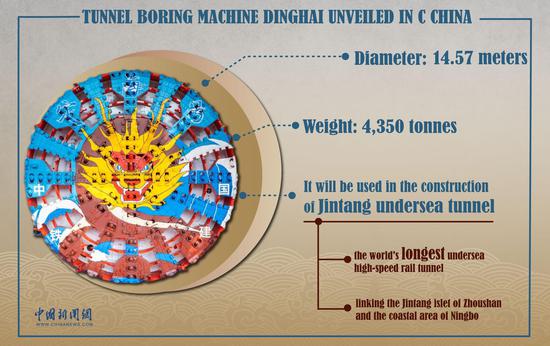





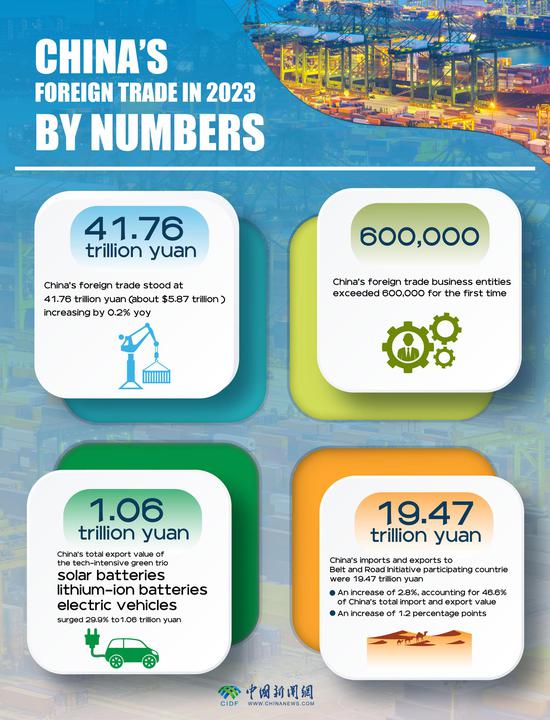










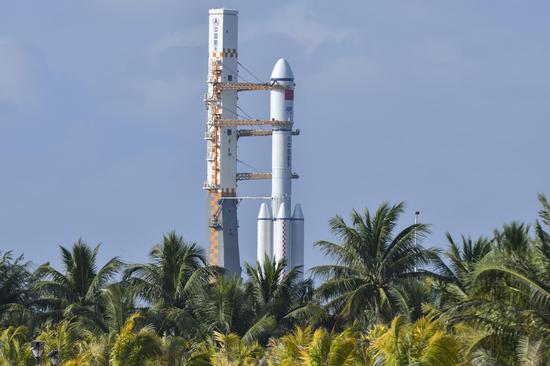





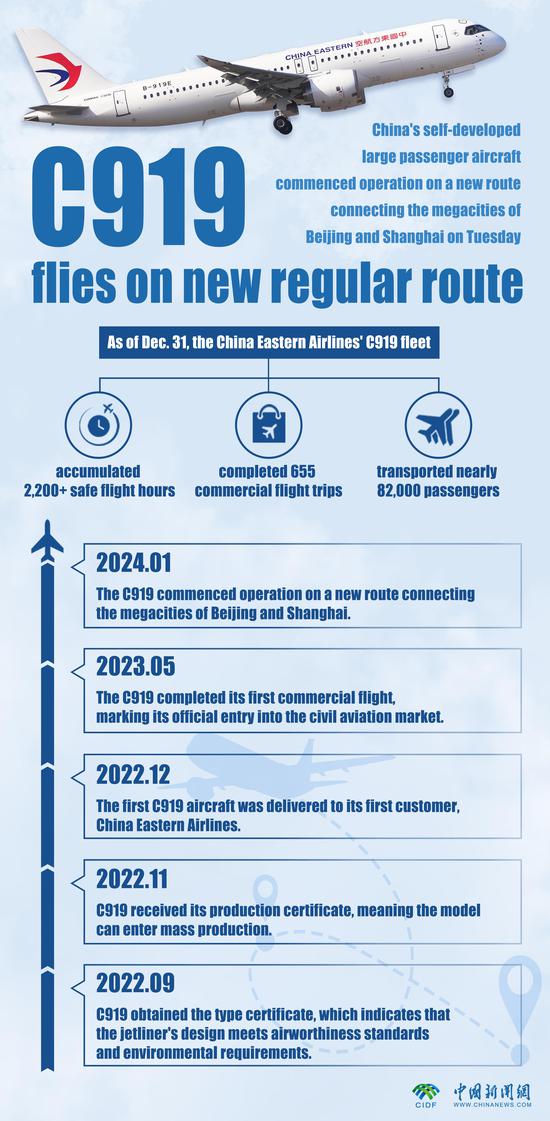




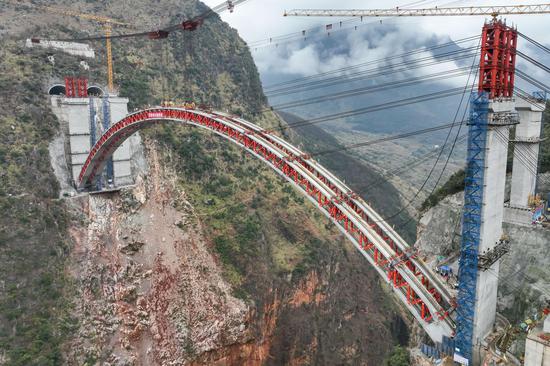
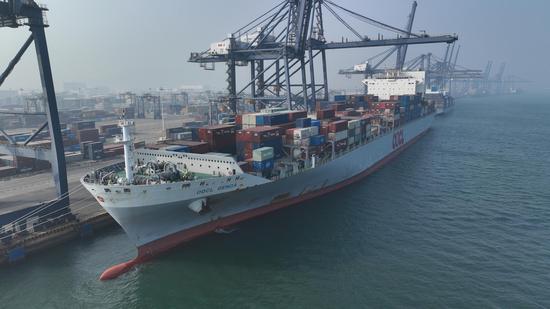


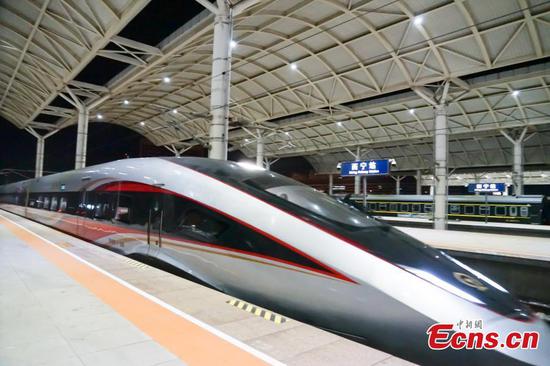









 京公网安备 11010202009201号
京公网安备 11010202009201号